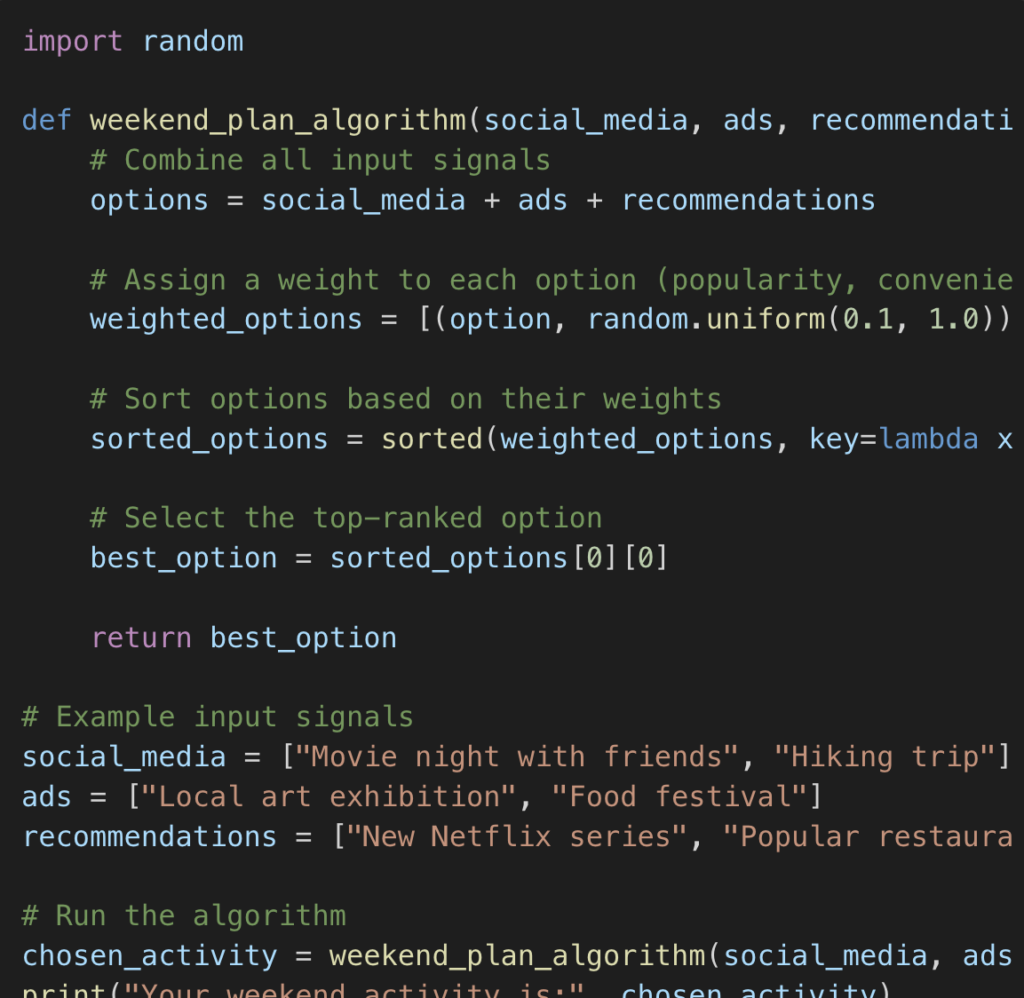
In recent months, I’ve made a conscious effort to retreat from the world’s noises, seeking solitude to reconnect with my inner self. The constant buzz of notifications, deadlines, and endless streams of information had left me yearning for a quieter, more introspective existence. But as with many good intentions, a moment of boredom led me astray.

One afternoon, while idly browsing, I stumbled upon an advertisement for a mobile game. It seemed harmless enough, and the vibrant graphics and catchy description piqued my curiosity. I downloaded it, thinking it would provide a brief distraction. However, as I played, I found myself increasingly annoyed by the constant barrage of advertisements interrupting the experience. The solution was obvious: download another game to escape the ads without paying for the premium version. This cycle repeated itself, and before long, my phone was filled with games, each one leading to another in an attempt to avoid the inconvenience of advertisements.
Amid this exploration, one app stood out — a fantasy dating application. This app allowed users to create and interact with idealized, anime-like characters, customizing personalities and engaging in simulated conversations. The catch? Communication was limited to two distinct paths for each interaction, steering conversations toward predefined destinations. It felt like being on a train with only two tracks: left or right, with no option to veer off into uncharted territory. This rigid structure mirrored a digital world where complexity is often reduced to simplified choices.

The experience felt fun at first, even liberating in its simplicity. But the more I engaged, the more I began to reflect on the implications of such structured interactions. Was this how I wanted to communicate? To navigate between predetermined conversational paths rather than explore authentic, organic dialogue?
The Binary Trap
Our increasing reliance on algorithms to guide, entertain, and inform us subtly shifts how we think and act. Apps like this one are microcosms of a broader trend: the human mind becoming algorithmic. We are encouraged to think in binaries or choose between predefined paths, aligning our choices with systems designed to quantify and categorize every action we take. The world becomes a series of destinations, with no room for the vibrant spectrum of human experience in between.
This realization was unsettling. How much of my own thinking had been shaped by these influences? How often had I chosen convenience over authenticity, letting external structures dictate my thoughts and actions?

The Weekend Algorithm: How Digital Influences Shape Our Plans
Consider this scenario: it’s Friday evening, and you’re deciding how to spend your weekend. Here’s an algorithmic breakdown of how digital influences might guide your choices:
- Input Signals:
- Social media notifications: Friends’ weekend plans pop up on Instagram or Facebook.
- Personalized ads: Local events or activities appear based on your browsing history.
- Streaming recommendations: Netflix or YouTube suggests new shows or movies.
- Filtering Options:
- Prioritize high-engagement suggestions (e.g., activities with lots of likes or comments).
- Consider convenience: Events close to home or easily accessible.
- Account for personal preferences stored in app algorithms (e.g., favorite genres, past behavior).
- Weighted Decision Making:
- Assign value to each option based on factors like popularity, convenience, and alignment with past behavior.
- Reduce complexity by eliminating low-ranking options.
- Decision Execution:
- Choose the highest-ranked activity.
- Share your choice online, feeding the cycle of influence by contributing data to algorithms.
This process, though seemingly organic, is heavily shaped by external influences. What feels like a personal choice is often the result of curated options designed to maximize engagement and profit for digital platforms.
A Simple Algorithm Implementation

This algorithm mimics the way digital influences might weigh and prioritize weekend activities, showcasing the subtle ways technology shapes decision-making.
Mindfulness: A Trend or a Tool?
Even mindfulness and wellness practices, intended as escapes from this digital deluge, often fall into the same algorithmic patterns. Apps and guided sessions promise relaxation and focus in neatly packaged experiences, reducing profound introspection to a formula: meditate for 10 minutes, feel relaxed, repeat tomorrow.

While these practices have their merits, they often miss the deeper journey of self-discovery. True mindfulness isn’t about following steps; it’s about sitting with discomfort, facing the chaos within, and finding clarity through genuine introspection. It requires a willingness to look beyond what’s easy or formulaic and delve into the uncharted territories of the mind.
The Struggle for Authenticity
Living in a bustling city, surrounded by constant technological advancement, makes it even harder to find authenticity. Genuine self-connection feels rare, overshadowed by the need to perform, achieve, and conform. The digital tools designed to connect us often leave us more isolated from ourselves.

Yet, this isn’t a story of despair but of awakening. My brief dalliance with the fantasy dating app became a wake-up call. It reminded me of the importance of stepping back, not just from technology but from the mental patterns it fosters. It’s about recognizing when we’re slipping into algorithmic thinking and choosing instead to embrace the complexity of being human.
Reclaiming Our Minds
To resist becoming algorithmic, we must actively seek balance. This means setting boundaries with technology, carving out time for introspection, and embracing practices that encourage depth over surface-level engagement. Journaling, deep conversations, solitary walks in nature — these are antidotes to the binary mindset.

Most importantly, we must remember that authenticity isn’t a destination but a journey. It requires constant effort to tune out the external noise and listen to our true selves. In doing so, we reclaim not only our individuality but also the richness of human experience.
As we navigate a world increasingly shaped by algorithms, the challenge isn’t to reject technology but to ensure it serves us rather than defines us. The human mind is vast, nuanced, and beautifully unpredictable. Let’s keep it that way.




